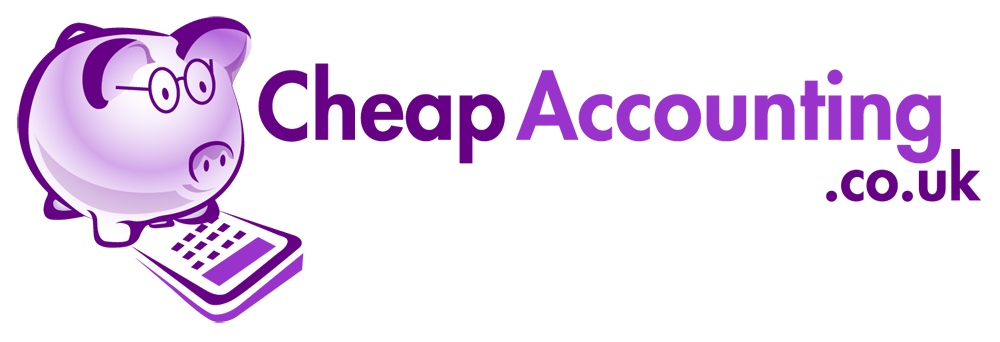Many would have seen the recent headlines declaring that Airbnb, eBay, Vinted and other apps will have to share more information with HMRC. There was certainly a huge outcry on social media about the unjustness of this move.
Not only this but even News outlets seemed to have got things wrong with Sky declaring “A “side hustle tax” has come into force – targeting Britons who sell second-hand goods online or let out their spare rooms”.
That’s wrong!
There is no new tax. There is no side hustle tax. The current tax rules remain EXACTLY the same. The only thing which has changed is the compulsory provision of information to HMRC by marketplace web sites.
In straightforward language this means that if you have been operating a trade via a marketplace website but not paying tax then in all likelihood HMRC will be contacting you soon.
Operating a Trade – that’s important
So is it true that you will be taxed on selling your children’s old clothes on Vinted or eBay?
In all likelihood the answer will be no as the key to all of this is whether or not the seller was operating a trade.
However, as in all things accounting and tax, the position may be different depending on what the seller actually does.
The Facts
The HMRC position is unhelpful as they state that there is no statutory definition of ‘trade’ although they do say that broadly a ‘trade’ can be taken to refer to operations of a commercial kind.
They do identify some badges or indicators of trade which are useful reference points.
Badges of Trade
Buried deep in the HMRC manuals and often only read by accountants is some guidance on “Badges” or Indicators of Trade – this is really important stuff and so I quote it here in its entirety:
| Badge of trade | Meaning |
| Profit-seeking motive | An intention to make a profit supports trading, but by itself is not conclusive. |
| The number of transactions | Systematic and repeated transactions will support ‘trade’. |
| The nature of the asset | Is the asset of such a type or amount that it can only be turned to advantage by a sale? Or did it yield an income or give ‘pride of possession’, for example, a picture for personal enjoyment? |
| Existence of similar trading transactions or interests | Transactions that are similar to those of an existing trade may themselves be trading. |
| Changes to the asset | Was the asset repaired, modified or improved to make it more easily saleable or saleable at a greater profit? |
| The way the sale was carried out | Was the asset sold in a way that was typical of trading organisations? Alternatively, did it have to be sold to raise cash for an emergency? |
| The source of finance | Was money borrowed to buy the asset? Could the funds only be repaid by selling the asset? |
| Interval of time between purchase and sale | Assets that are the subject of trade will normally, but not always, be sold quickly. Therefore, an intention to resell an asset shortly after purchase will support trading. However, an asset, which is to be held indefinitely, is much less likely to be a subject of trade. |
| Method of acquisition | An asset that is acquired by inheritance, or as a gift, is less likely to be the subject of trade. |
Example – Selling unwanted clothes or household items
If someone sells their old clothes on Vinted or clears out the garage and sells the stuff on eBay they would not normally be carrying out a trade.
In all likelihood they would not make a profit having brought the goods for much more than they sell them on for.
This would likely be a one off activity and not repeated on a regular basis.
What to do if you are trading
If you are trading then the normal tax rules apply meaning that you should register as being self employed, do accounts and file tax returns in the usual way.
Click “Where to start – Start up & Newbie Sole Traders” for helpful tips on what to do if you are new to self employment.
Special Rule – The Trading Allowance
If you are trading with a gross income (before the deduction of costs) of less than £1,000 per year from all self employment sources then you do not have to register as self-employed claiming the Trading Allowance exemption – click for more information on the HMRC web site.
Undeclared income
If you have been trading but have not registered for self assessment, filed tax returns or paid tax then the best advice is to bring your tax affairs up to date as soon as possible. You may need an accountant to help you with this especially as there may be fines and penalties due if there is an undeclared tax liability.
Things to know
- You must register as self employed if you are carrying on a trade – usual rules apply
- Selling your old stuff is not generally a trade and will not be taxed
- Tax is paid on profits (income less costs)
- If you earned less than £1,000 gross income you do not need to register as self employed
- No new tax laws have been introduced for online sellers
- The recent changes are only about data gathering (from 1 January 2024 information about people who make money through marketplace platforms will be collected and from 31 January 2025 this information will be sent to HMRC and to the sellers)
- The new data gathering rules mean that if you’ve been operating a trade but not told HMRC they will find out. Their rules mean that they can investigate you and go back up to 20 years if deliberate tax evasion is suspected!
Further information
Is my hobby a business?


